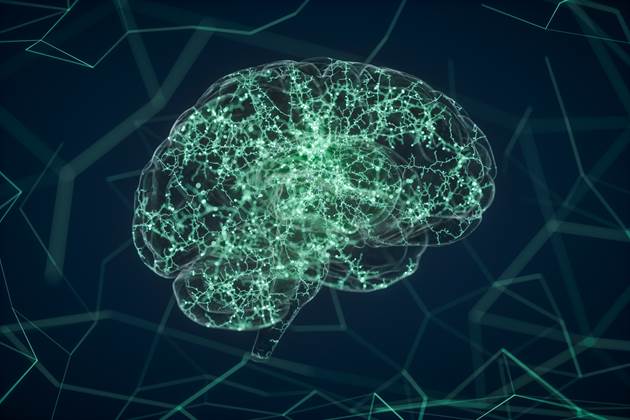A world-first University of Sydney Law School report calls for urgent regulation on brain-monitoring technology.
The university describes neurotechnologies as technologies that monitor and record neural activity to influence the brain or nervous system.
According to Dr Allan McCay, Deputy Director of The Sydney Institute of Criminology and an Academic Fellow at the University of Sydney’s Law School, “This tech is coming, and we need to think about regulation now.
“Action is needed now as there are already vested interests in the commercial world. We need decisions to be made at the level of society and at the level of businesses around ethics and law.”
Neurotechnologies are already being used to treat Parkinson’s and epilepsy, and may in the future be used to monitor and treat conditions including schizophrenia, depression and anxiety.
However, the same technology has the propensity to be used in monitoring workplaces, in the military, and as a means for interacting in the metaverse.
“Action is needed now as there are significant neurotech investors such as Elon Musk and Meta (Facebook). We need law reform bodies, policy makers and academics to be scrutinising these technological advances rather than waiting for problems to emerge,” said McCay.

The world-first report, Neurotechnology, law and the legal profession, commissioned by the Law Society of England and Wales highlights a few pressing legal questions that the technology poses.
According to McCay, “To take criminal law as an example, numerous questions emerge. One might ask which bit of conduct constitutes the actus reus (criminal act) where a person injures another by controlling a drone by thought alone.”
“Moving to sentencing, would it be acceptable for criminal justice systems to monitor and perhaps even intervene on offenders’ brains by way of a neurotechnological device while they are serving sentences in the community?”
The technology raises ethical concerns including a right to brain privacy, brain hacking and brain-monitoring systems data storage.
McCay believes the important debate that needs to be had is around whether current human rights protections are fit for purpose in a world of brain-monitoring and manipulation.


_(20).jpg&h=140&w=231&c=1&s=0)
.png&h=140&w=231&c=1&s=0)
_(28).jpg&h=140&w=231&c=1&s=0)
_(23).jpg&h=140&w=231&c=1&s=0)





 iTnews Executive Retreat - Security Leaders Edition
iTnews Executive Retreat - Security Leaders Edition
 iTnews Benchmark Awards 2026
iTnews Benchmark Awards 2026
 iTnews Cloud Covered Breakfast Summit
iTnews Cloud Covered Breakfast Summit
 The 2026 iAwards
The 2026 iAwards







.jpg&h=271&w=480&c=1&s=1)




_(1).jpg&h=140&w=231&c=1&s=0)



